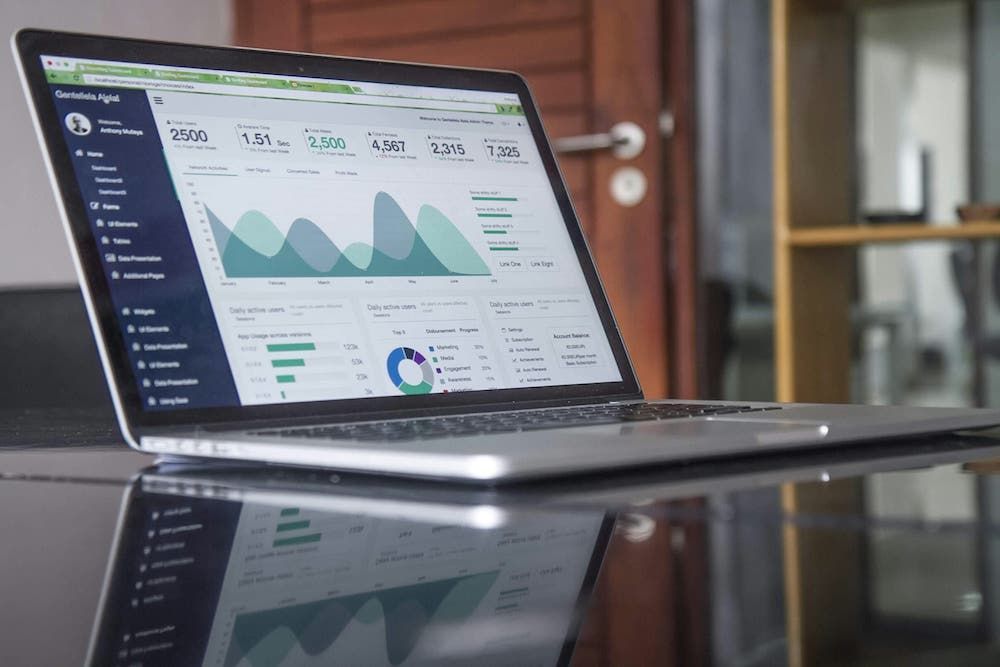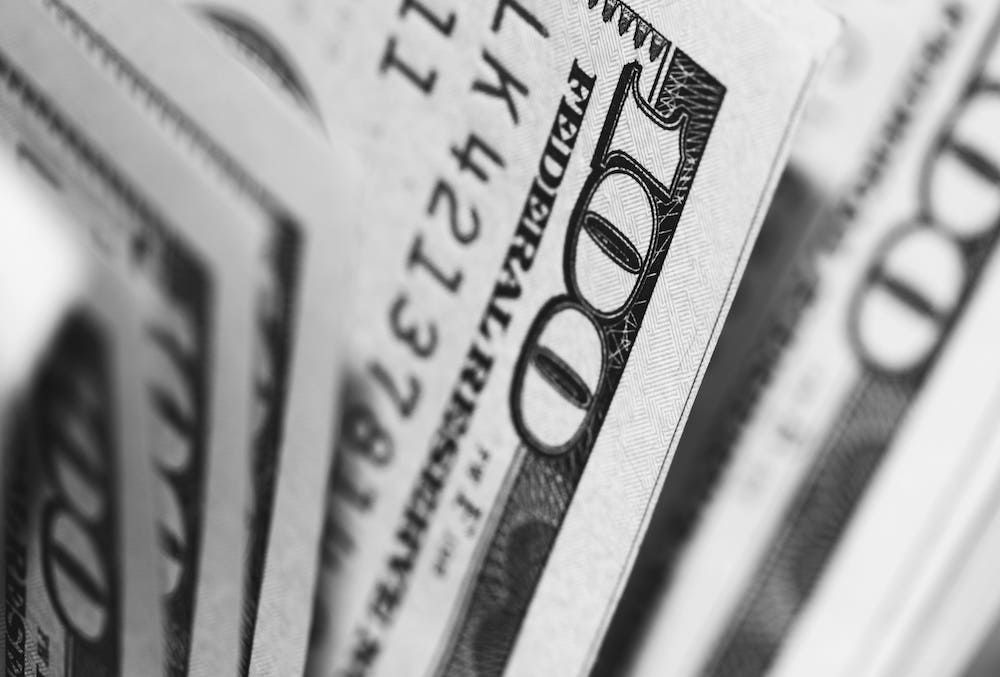2024 Tax Guide for Peer-to-Peer Payment Platforms

Discover the tax implications of utilizing Venmo, Zelle, Cash App, and PayPal for your financial transactions.
In today’s digital age, peer-to-peer payment platforms have become an integral part of our financial lives. However, as convenient as these services are, it’s crucial to understand the tax implications associated with their use.
Depending on the nature and volume of your transactions, you may be required to report the income received through these platforms to the Internal Revenue Service (IRS). Failure to comply with tax reporting obligations can result in penalties, making it essential to stay informed and compliant.
Venmo, Cash App, and PayPal each have a reporting threshold of either $20,000 or 200 transactions, meaning if your earnings on any of these platforms exceed these limits, you can expect tax reports to be sent to the IRS. Zelle, however, doesn’t issue such reports, leaving the onus entirely on you to report any applicable income.
In this comprehensive guide, therefore, we’ll delve into the tax implications of using Venmo, Zelle, Cash App, and PayPal, shedding light on the reporting thresholds, upcoming changes, and steps to take if you encounter any reporting errors.
What Kinds of Transactions Are Subject to Taxation?
Tax obligations typically arise from business transactions exclusively. This entails any instance where you receive payment for a product or service via platforms like Venmo, Zelle, Cash App, or PayPal. For instance, if you sell homemade goods and accept payment through a digital application, or when a client pays you for a haircut.
• Exceptions
However, an exception is made for items you sell at a loss—such as parting with an old, worn-out sofa for less than you originally paid. In such cases, the revenue garnered from the sale isn’t categorized as taxable income.
Additionally, personal transactions remain untaxed. For instance, if you utilize a payment app to transfer funds to a friend for a shared meal, that transaction isn’t subjected to taxation.
When Must I Report My Business Transactions?
Reporting obligations kick in when your business transactions exceed certain thresholds. If your receipts amount to $600 or more, the business typically issues a 1099-NEC form. Furthermore, if you surpass the threshold of $20,000 in sales or conduct over 200 transactions, payment processors like Venmo or PayPal are obligated to furnish you with a 1099-K form. The IRS generally mandates businesses to file these forms by January 31st of the following year.
Under the American Rescue Plan Act of 2021, the tax reporting threshold for payment processors was diminished from $20,000 or 200 transactions to $600 or more in annual gross sales (irrespective of total transactions). However, the IRS announced a deferment in implementing the $600 reporting threshold in 2022.
According to Moira Corcoran, a tax expert and CPA at JustAnswer, the alteration in the 1099-K tax rule aims to facilitate improved tracking of online payments from third-party service providers. Corcoran states, “The adjustments to 1099-K tax reporting should not significantly impact taxpayers, as they are expected to report all taxable transactions regardless of whether they receive a 1099-K.”
Below, we shall dissect how taxes function for each of the prominent payment apps below for the 2023 tax year.
How Taxes Apply to Peer-to-Peer Payment Apps
1. Venmo’s Tax Reporting Requirements
• Venmo is required to report payments received for goods or services that exceed a specific threshold to the Internal Revenue Service (IRS).
• Threshold: $20,000 or 200 transactions.
2. Zelle’s Tax Reporting Policies
• As of the latest information available, Zelle does not share transaction details with the IRS, as stated on its official website.
• Threshold: Businesses should issue a 1099-NEC form for payments exceeding $600; individuals are responsible for reporting such payments to the IRS.
3. Cash App’s Tax Reporting Obligations
• Cash App does report business transactions over a certain limit.
• Threshold: $20,000 or 200 transactions.
4. PayPal’s Tax Reporting Requirements
• PayPal is obligated to report transactions that exceed a specified threshold.
• Threshold: $20,000 or 200 transactions.
Tracking Taxable Transactions
To ensure accurate tax reporting and compliance, it is advisable to maintain meticulous records of taxable transactions made through these payment apps. Several options are available:
1. Spreadsheet Management: You can utilize spreadsheet software like Microsoft Excel or Google Sheets to record and track your transactions.
2. Accounting Software: Employing online accounting software, such as Wave or QuickBooks, can streamline the process of tracking taxable transactions and facilitate accurate reporting.
3. Distinguishing Personal and Business Transactions: Many peer-to-peer payment apps allow users to categorize transactions as personal or business-related. It is recommended to accurately label transactions accordingly to maintain proper records.
How to Rectify Errors in Tax Reporting
Maintaining a comprehensive record of your business transactions offers a significant advantage in detecting reporting inaccuracies. Consider a scenario where you receive a 1099-K from a payment processor containing personal transactions that are not subject to taxation. In such cases, it is imperative to request a revised form from the payment processor and initiate a correction with the IRS.
According to Paul Koullick, the founder and CEO of Keeper, a tax filing company, disregarding the 1099-K for personal transactions is ill-advised. Koullick emphasizes, “The IRS also receives a copy of this form, and failing to address it in your return may lead them to assume it as taxable income.”
In instances where obtaining a corrected form from the payment processor proves challenging, Koullick provides an alternative approach. “Enter the amount corresponding to the personal transaction on line 8z of your Schedule 1, designated for ‘Other Income,’” he advises. “Subsequently, input the same amount on line 24z of the form, allocated for ‘Other Adjustments.’ While line 8z contributes to your taxable income, line 24z offsets it, effectively nullifying the impact.”
Essential Advice for Handling Taxes with Payment Apps
Below are some crucial pointers to consider when dealing with taxes related to income from payment apps.
1. Maintain a Clear Separation Between Personal and Business Transactions: If you operate a business, it’s wise to establish a separate bank account solely for business dealings. This practice facilitates the tracking of your business income. Additionally, for businesses structured as limited liability companies or corporations, a distinct business account offers a layer of protection for personal assets.
2. Address Payments to Independent Contractors: When utilizing payment apps to compensate independent contractors, be aware of your obligation to furnish them with a 1099-NEC form if their earnings from you reach $600 or more in a tax year. You can procure this form along with guidance from the IRS website.
3. Avoid Concealing Transactions: Some individuals attempt to evade taxable transactions by mislabeling them as transactions among “friends and family.” Engaging in such practices constitutes illegal behavior. Failure to disclose all business income can lead to repercussions with the IRS.
4. Report All Income, Regardless of Form Receipt: It falls upon you to report your business income, even in instances where you haven’t received the requisite forms. Disregarding tax obligations due to a lack of form receipt is not permissible.
In Conclusion
Remember, any income acquired via platforms like Venmo, Zelle, Cash App, or PayPal is subject to taxation, including profits generated from goods sales. While you might receive 1099-NEC or 1099-K forms from businesses or payment service providers indicating your taxable income, maintaining meticulous records is crucial. This enables you to cross-reference these reports with your own records, allowing you to rectify any discrepancies prior to filing your tax return.
FAQs
Q1: Can PayPal processing fees be claimed as tax deductions?
A1: It is permissible to consider PayPal processing fees as eligible tax-deductible business expenditures.
Q2: Does the IRS monitor earnings from payment applications?
A2: Typically, the IRS receives income disclosures from both businesses and payment service providers like PayPal once income surpasses a certain threshold. However, even in the absence of a 1099-K or 1099-NEC form, it’s advisable to meticulously document and report all income to the IRS during tax filing to sidestep potential penalties.
Q3: Does Venmo share transaction details with the IRS?
A3: Yes, in most jurisdictions. If your receipts from goods and services via Venmo exceeded $20,000 in 2023, you should expect to receive a 1099-K form. Nevertheless, it’s crucial to note that specific states impose lower tax reporting thresholds. For instance, Maryland mandates Venmo to issue a 1099-K if your receipts totaled $600 or more for goods and services.

Follow the Money
Sign up for the Slickdeals Money newsletter for the latest news, tips and bonus offers.


All You Need to Know Before Getting a New Bank Account

CIT Bank Platinum Savings Review

Discover the Marcus of Goldman Sachs CD Rates

How to Earn More Money On Savings at Low Risks

How Your Personal Loan Influences Your Credit Score





